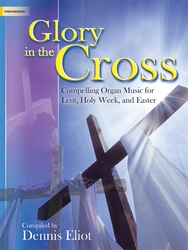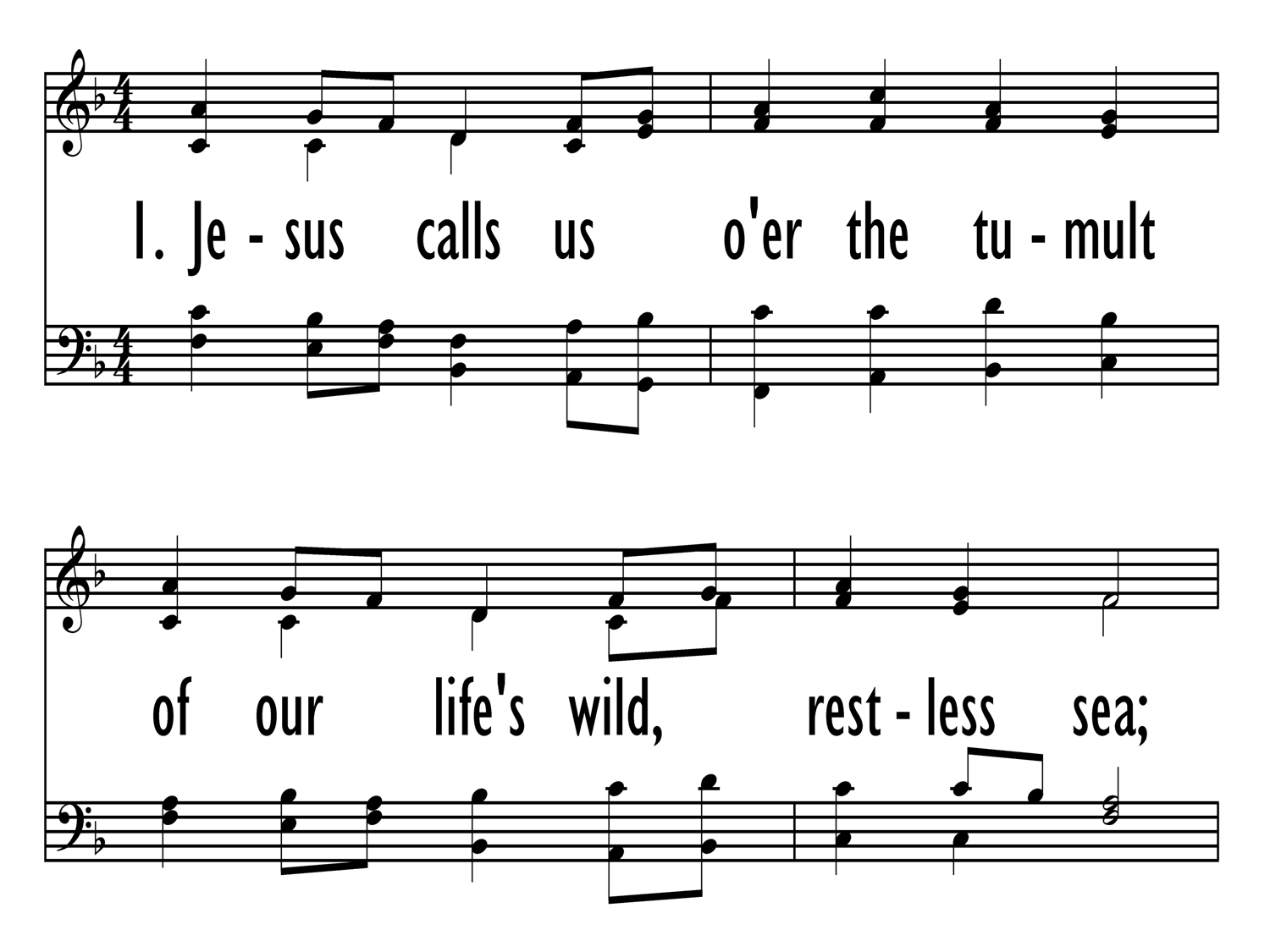- |
User Links
Lord, Whose Love in Humble Service
Hymn Information
- First Line
- Lord, whose love in humble service
- Author
- Albert F. Bayly, 1901-1984 (alt.)
- Tune Name
- PLEADING SAVIOR
- Harmonizer
- Ralph Vaughan Williams (1906)
- Tune Source
- J. Leavitt's <cite>Christian Lyre</cite>, 1830
- Topic
- Jesus Christ: Confidence in · Justice · Mission · Obedience to God's Will · Servants of God · Hymns About Worship · Elements of Worship: Charge and Blessing
Copyright Information
- Text Copyright
- © 1988 Oxford University Press, reproduced by permission of Oxford University Press
- Tune Copyright
- Harm. - Public Domain in North America, used by permission of Oxford University Press for other territories · Melody - Public Domain
- Reprint/Projection Information
- Words: Permitted with a license from CCLI.com or from OneLicense.net. If you do not own one of these licenses, please contact the copyright holder for permission.
- Music in the U.S. or Canada: The Music is in the Public Domain; you do not need permission to project or reprint the Music.
- Music in other territories: Permitted with a license from CCLI.com or from OneLicense.net. If you do not own one of these licenses, please contact the copyright holder for permission.
Scripture References
Further Reflections on Scripture References
The text begins with a recognition of Christ's ultimate sacrifice on the cross and then points to the continuing needs of the homeless, the hungry, the prisoners, and the mourners. Bayly's words remind us of modern refugees, AIDS patients, and famine victims who are as close as our doorstep or who are brought to our attention via the news media. The final two stanzas encourage us to move from Sunday worship to weekday service; such integrity in the Christian life is truly a liturgy of sacrifice, pleasing to God.
Bert Polman, Psalter Hymnal Handbook
Confessions and Statements of Faith References
Further Reflections on Confessions and Statements of Faith References
According to the confessions, Christian worshipers are called to continue in service. Heidelberg Catechism, Lord’s Day 12, Question and Answer 32 instructs us to think of ourselves as “a member of Christ…[who] share in his anointing.” So we profess “I am anointed to confess his name, to present myself to him as a living sacrifice of thanks, to strive with a free conscience against sin and the devil in this life, and afterward to reign with Christ over all creation for eternity.” We serve him with good works, “…so that with our whole lives we may show that we are thankful to God for his benefits, so that he may be praised through us, so that we may be assured of our faith by its fruits, and so that by our godly living our neighbors may be won over to Christ” (Heidelberg Catechism, Lord’s Day 32, Question and Answer 86). And so we are moved to “…embrace God’s mission in [our] neighborhoods and in the world...” (Our World Belongs to God, paragraph 41). Christians, therefore, leave worship believing that “to follow this Lord is to serve him wherever we are without fitting in, light in darkness, salt in a spoiling world” (Our World Belongs to God paragraph 43).
Lord, Whose Love in Humble Service
Blessing/Benediction
Additional Prayers
Lord, Whose Love in Humble Service
Tune Information
- Name
- PLEADING SAVIOR
- Meter
- 8.7.8.7 D


 My Starred Hymns
My Starred Hymns







